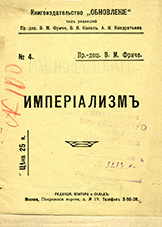
We kindly inform you that, as long as the subject affiliation of our 300.000+ articles is in progress, you might get unsufficient or no results on your third level or second level search. In this case, please broaden your search criteria.

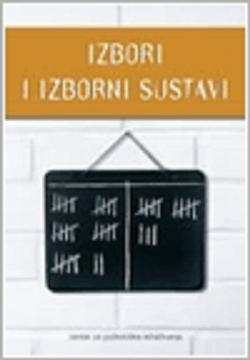
This book offers an overview of different election systems, with their specific features, rules and methods. Case studies include Austria, Denmark, Ireland, Germany, UK, USA, Croatia and the European Union. With contributions by Martin Fehndrich and Wilko Zicht.
More...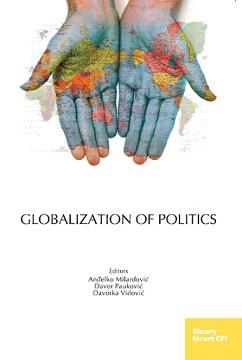
The challenge to determine the nature of the dichotomy between the global and the local in politics is rooted in the diversity of historical circumstances that provided some nations with faster and some with slower cultural self-development. Deprived nations typically seem falsely to presume the relativistic view that there is no such thing as truth other than what is socially accepted as “true”. Therefore, small nations typically accuse big nations for biases. Globalization of social life pertains to the power to unify values particularly at the level of whether they encourage the moral standpoint of citizenship (unify the value of freedom), or values are generated by particularistic cultural world views (unify rules of suppression). The distinction between individualist and collectivist culture reveals the way in which different nations organize and prioritize their moral judgments and distinguish trivial from elevated issues. If unification of values enhances the value of communitarian identity and transforms it into the civic spirit, moral progress in politics will be possible.
More...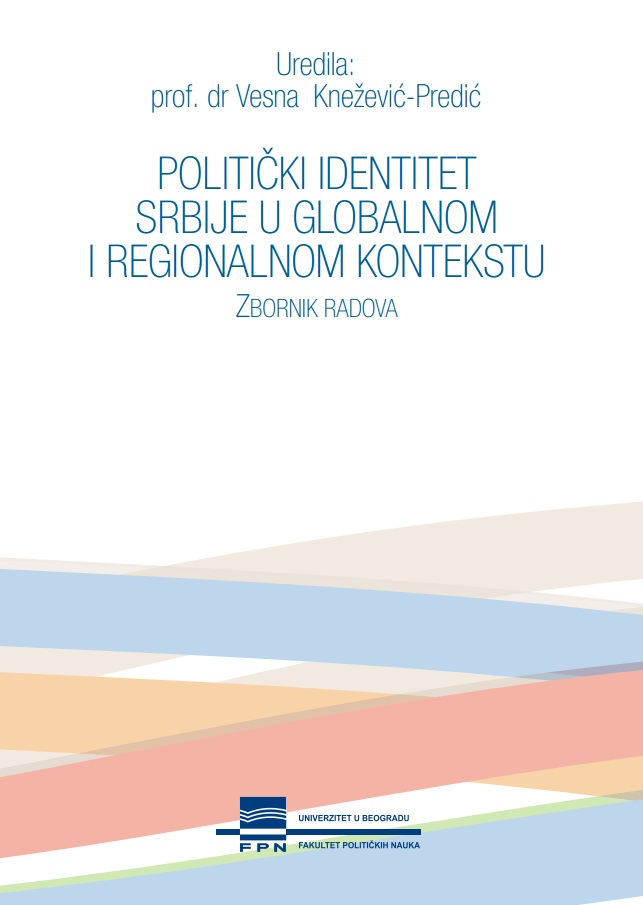
The subject of this paper is the impact of the First World War on the emergence of the science of international relations. It is an attempt to confront once widely accepted hypothesis about the First World War being the most important social cause for the inception of the discipline, with the new, increasingly popular hypothesis that the roots can actually be tracked back to the 19th century. In the first part of the paper, the authors deal with the conventional history of discipline, namely the establishment of the Woodrow Wilson Chair of International Politics at the University of Aberystwyth in Wales in the spring of 1919 and the First World War as the main social cause. The second part lays down criticism of the idea that the First World War was of crucial importance for the development of the science of international relations as an independent academic discipline. Special attention is given to the thesis of global transformation in the nineteenth century and theorists who support this hypothesis.
More...
This essay is a review of the most important European peace science initiatives in the period between the two world wars, including their precursors from the 19th and the beginning of the 20th century. In the first part, the authors give an analysis of peace proposals suggested by the prominent pacifists, scientists and politicians of that time, who were deeply influenced by their experiences of the First World War. This section covers the analysis of international (peace education and the science of international relations) and national peace science projects, including both the First World War victorious (United Kingdom, France, etc.) and defeated powers (Austria and Germany). In the second and final part, authors come to the conclusions about correlations of the First World War and development of the peace science, about purposefulness of the respective interwar peace initiatives, and also offer an explanation regarding the alleged failure of those initiatives to prevent the Second World War.
More...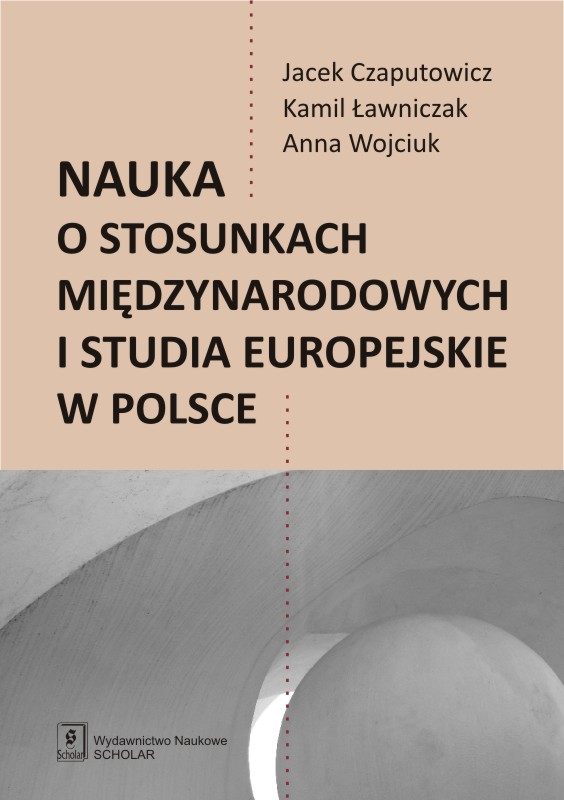
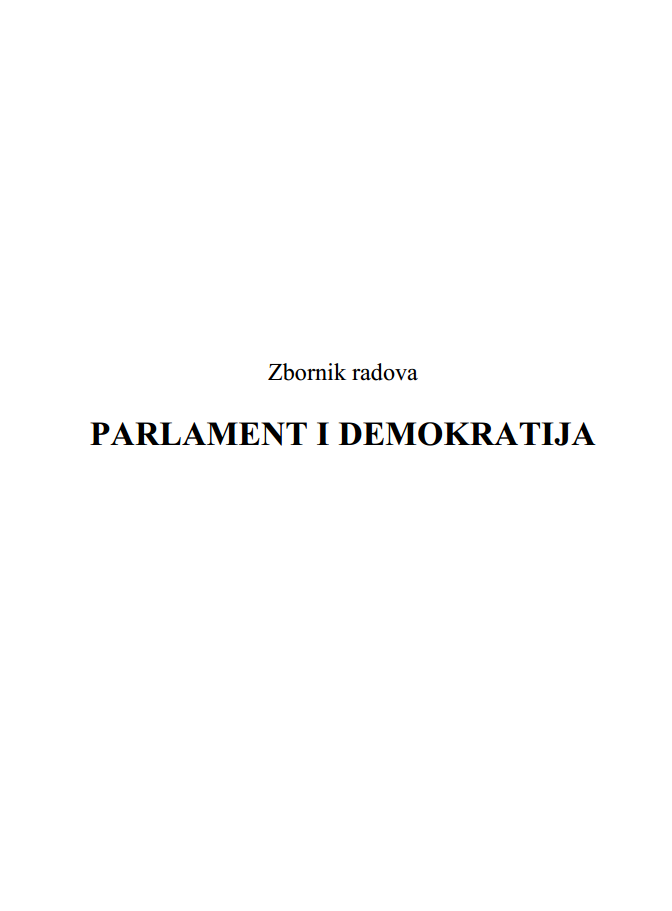
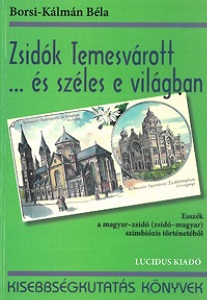
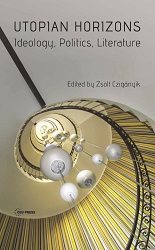
So how far is utopianism part of totalitarianism, or theoretically or causally related to it? This is, clearly, a definitional issue at the outset, and so an assessment of terms is necessary at the outset here. I will then look at a schema of utopian projections before turning to the totalitarian dystopia.My concentration here will be on the now well-grounded hypothesis that utopia has been most prone to produce dystopia when it assumes the shape of a “political religion.” Finally, I will try to modify this hypothesis somewhat by disaggregating the millenarian and other components within supposed “political religions” in order to see what is left once the more destructive elements in modern utopianism have been winnowed out.
More...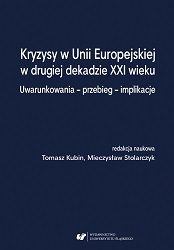



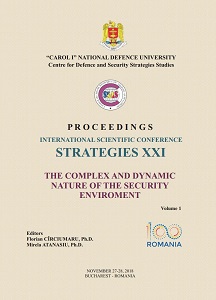
The break out of the Ukrainian crisis in 2014 acted as trigger for a major paradigm shift in an ostensibly pacified East European security architecture. Previous signals following a long-term reconciliation of security objectives of the two key regional actors,NATO and Russia, were soon forgotten, East European flank being trapped under siege of new hybrid warfare. Transformed into the key word of new geopolitical and security challenges, hybrid war made the subject of prolific inquiries, mostly highlighting themes as grey propaganda, subversive electoral interventions, cyber terrorism and, last but not least,the weaponization of culture, identities and discourses. Despite the tendency to associate the hybrid mutation to a reinterpretation of Russia’s Cold War security dogma, present ascent of ambiguous and non-linear conflicts could engage a more complex filiation. In this context, the article aims to briefly discuss the implication of Russia vs. NATO long-term hybrid clash,exploring topics as sources of Russian hybrid strategy and consequences generate dicreasing tendency towards weaponization of globalization.Keywords:
More...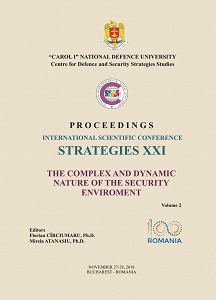
This study is dedicated to the 100th anniversary of the establishment of Romanian unitary national state, Great Romania, a much longer and complex process than it seems at first glance. Along with historical events, the geographic space and the population have played an essential role in the coagulation process of the Romanian national state. The merit of seizing and explaining these assets lies with great geopolitical-geographers such as Simion Mehedinți, Ion Conea (both were teachers at the Upper School of War, the ”Carol I” NDU precursor), Nicolae Al. Rădulescu, Vintilă Mihăilescu, Victor Tufescu and so on. These alone or in collaboration with specialists in fields such as history (Nicolae Iorga, Gheorghe Brătianu, Constantin Daicoviciu), demography and statistics (Anton Golopenția, Sabin Mănuilă), sociology (Dimitrie Gusti, Mircea Vulcănescu – the latter being also aphilosopher) have demonstrated the perfect logic of the constitution of the Romanian unitary national state. They also leaned on the essential natural components of the Romanian state,the well-known trio Carpathians - the Danube - the Black Sea, resuming the significant elements without which it would have been impossible to achieve the Great Romania.
More...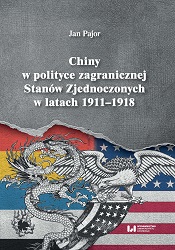
The intention of the book is to present the policy of the United States towards China and ascertain the position of Peking in the American foreign policy between 1911 and 1918. The author considers various aspects of the problem against a background of political changes taking place in both countries and diplomatic struggle in the First World War period. The book is based on unpublished materials from the Library of Congress and the National Archives at College Park, as well as printed sets of documents and vast literature on the subject.
More...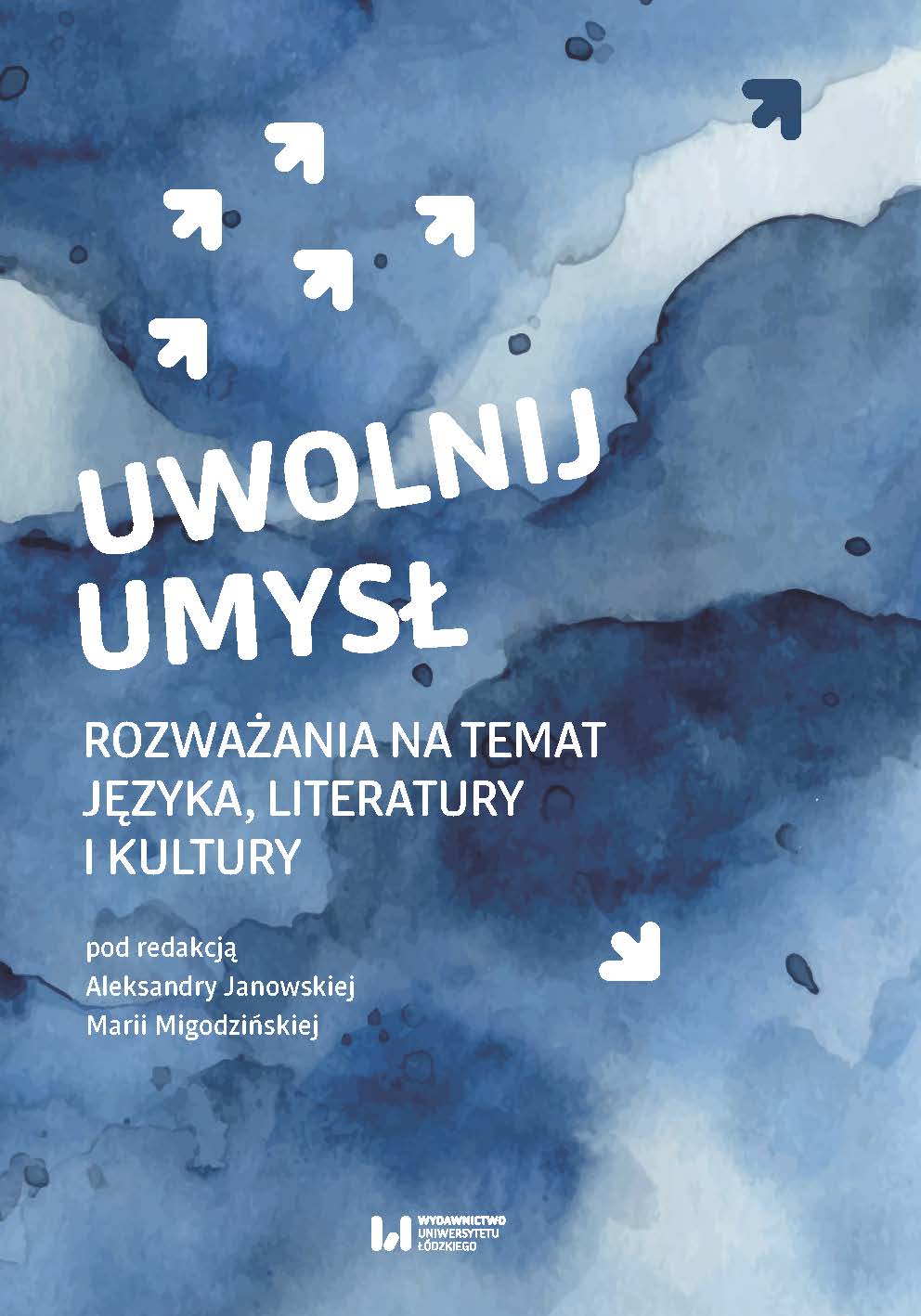
As a non-state actor in international relations, the diaspora has a strong influence on the society of the host state, but also on the state of origin. Therefore, the use of the diaspora has become a significant means of promoting the soft power of the state of origin. This paper seeks to understand the extent to which diasporas are independent actors and the extent to which their position in the different contexts of host and home states affects their political activity. The pursuit of influence by building networks, communicating persuasive narratives, setting international rules, and using (soft) resources have become major state activities in the international arena. Accordingly, states have been forced to use new tools to build their reputations in the international arena. One such tool has become „diaspora diplomacy”, a state action to use the diaspora to promote a positive image of the country of origin as well as its culture in the host country. The diaspora is not only a foreign policy tool, but as an element of soft power, it can exert pressure on the country of origin. Therefore, diaspora communities can influence the economic and political processes of host countries in favor of the interests of their homelands. One country that has begun to focus on developing its influence by „diaspora diplomacy” is Turkey under the Justice and Development Party government.
More...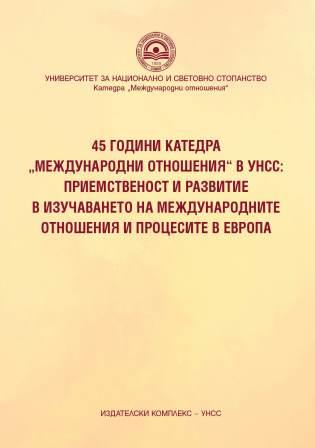
This collection of papers includes papers presented at the scientific conference 45 YEARS OF THE DEPARTMENT OF INTERNATIONAL RELATIONS AT UNWE: SUCCESSION AND DEVELOPMENT IN THE STUDY OF INTERNATIONAL RELATIONS AND PROCESSES IN EUROPE, organized by the Department of International Relations at UNWE and held in Sofia on October 29, 2021. More than eighty scholars and researchers from different universities and research institutions participated in the scientific forum. The present volume includes the texts of those of the conference participants who sent their presentations in written form. The volume is structured in four parts. The first one contains the keynote speeches delivered at the conference. The second one includes research papers that address the following question: After the US withdrawal from Afghanistan - are the contours of the new global order clearer? The third part is focused on European collisions, centrifugal forces and prospects for development. The papers in the fourth part deals with problems and projects in Southest Europe and the role of Bulgaria.
More...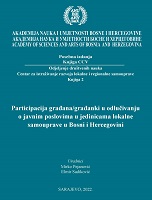
Demokracija je, nema dvojbi, jedan od najeksploatiranijih pojmova suvremenog svijeta. Uostalom, XX. stoljeće i prva desetljeća stoljeća u kojem živimo će biti upamćeni kao stoljeća demokracije – vrijeme u kojem je ona postala svojevrsni globalni standard.
More...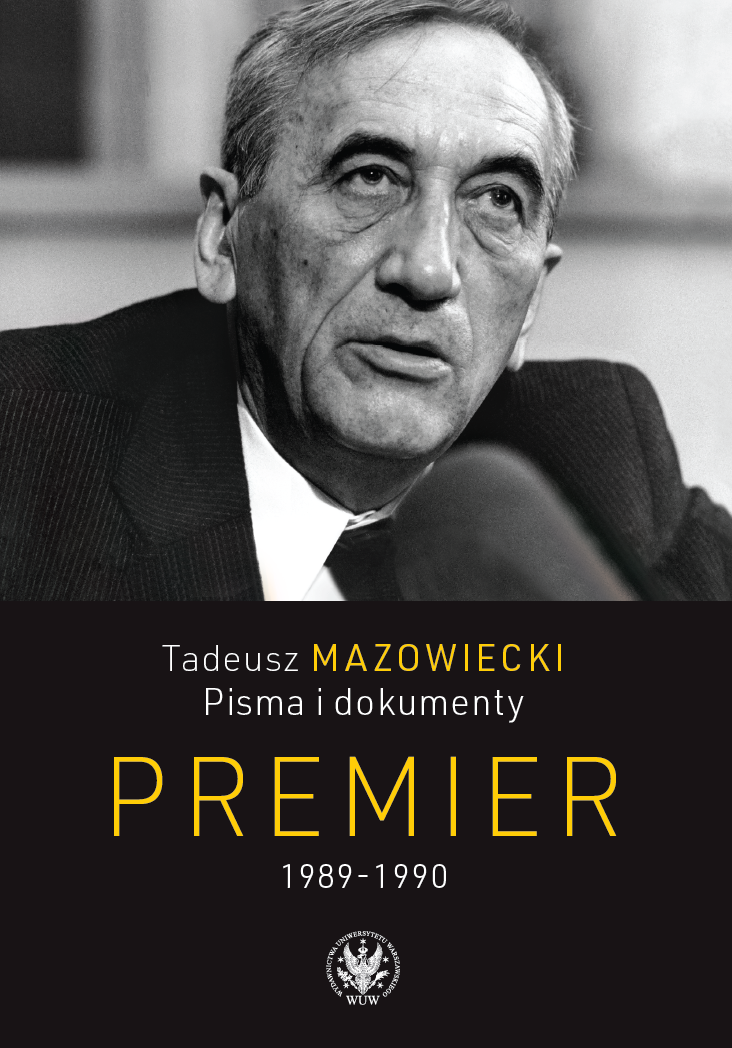
Tadeusz Mazowiecki (1927-2013), the first non-communist prime minister of Poland after the Second World War, was undoubtedly a major figure of Polish political life of the second half of the twentieth century. This has spurred the initiative to compile a multi-volume edition of Mazowiecki’s scattered writings and documents connected with him, which would encompass the entirety of his time as a social and political activist. This volume, concerning Tadeusz Mazowiecki in the period of his premiership, comprises two parts. The first contains texts and documents from 1989-1990, the period when Mazowiecki headed the government or immediately before. The second part is a selection of later interviews and reckoning articles: until the end of his life, Tadeusz Mazowiecki would explain the decision he had made as the prime minister, defending them, sometimes by revealing their hitherto unknown circumstances. Mazowiecki’s government laid foundations for a new Polish statehood – in a country devastated economically and politically by almost half a century of communist rule. It transitioned Poland from authoritarianism to democracy, and its economy from inefficient systemic poverty to free market. These reforms were not perfect, but they were revolutionary, though implemented in an evolutionary fashion. The fifteen months of Mazowiecki’s government proved enough to begin strategic changes in all areas of Polish life, changes that would be continued afterwards. They were not enough, however, for all these changes to be completed under Mazowiecki’s government – even though it is this government that was blamed for the errors and mistakes of transition, not its critics and successors. Tadeusz Mazowiecki was a man who attached great importance to the world of values. He perceived politics as acting for the sake of the common good. Today this no longer is a feature associated with politicians. This is all the more reason to offer a reminder that there was a time when politics could be done differently, and that this time was not that long ago.
More...